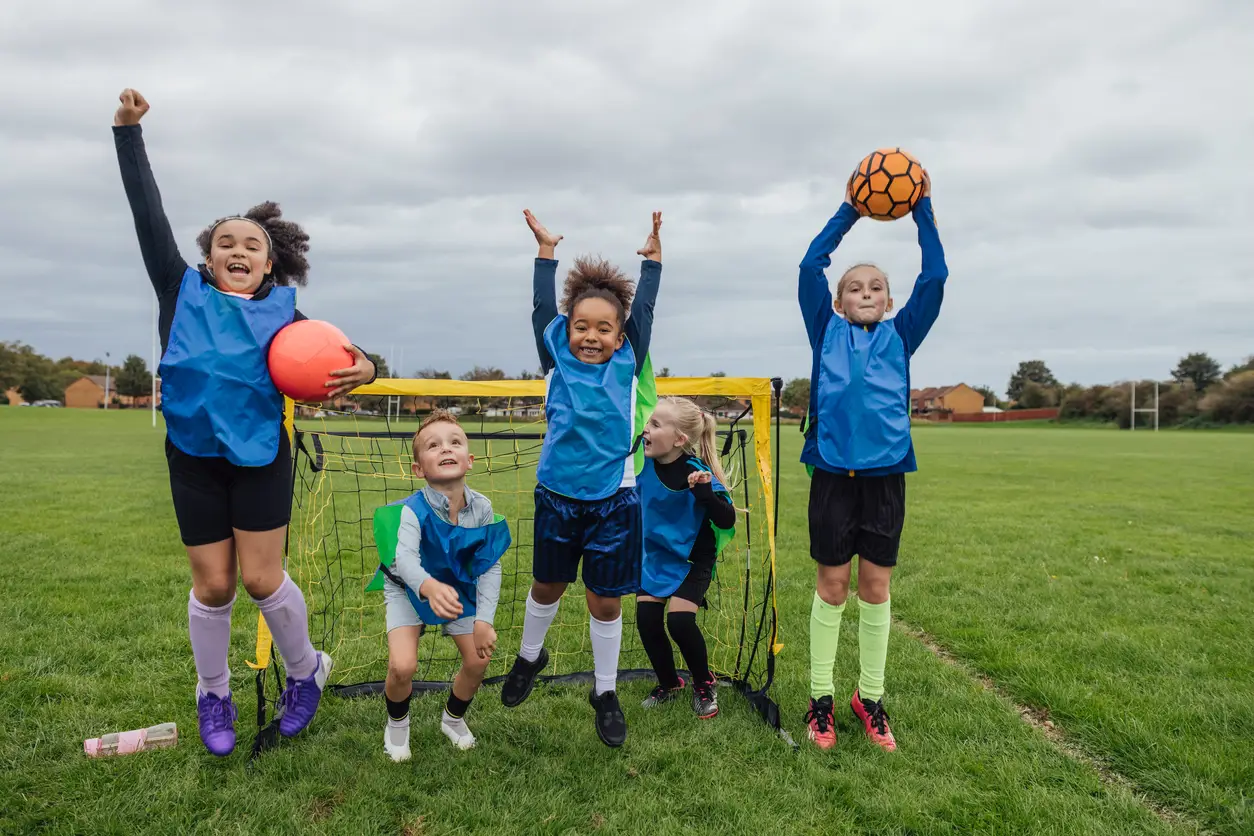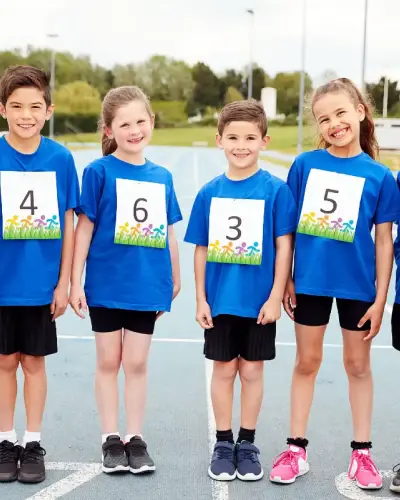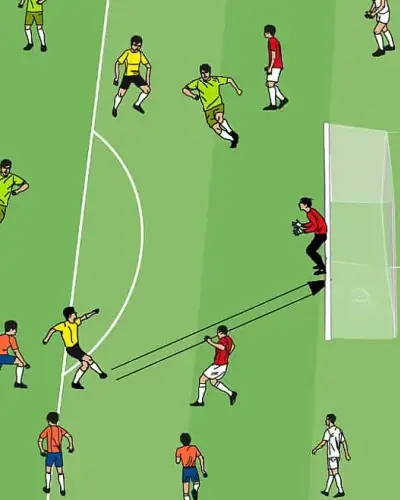Youth Sports Development: Experience Over Results
In youth sports, there is often a strong emphasis on winning and losing. Coaches and parents tend to measure success based on results, celebrating victories while seeing defeats as failures. But is success in youth sports truly about results? Or should development be the primary goal?
Why Development Should Take Priority
At the early stages of youth sports (up to U11 for basic training, U13 for foundation training), the focus should be on:
✔ Participation and enjoyment of physical activity
✔ Age-appropriate skill development
✔ Building a strong foundation for long-term progress
A development-focused approach in both sports and personal growth offers long-term advantages in later phases of an athlete’s career. However, in reality, short-term results often take priority.
The Issue with a Results-Driven Mindset
❌ Unequal playing time: Coaches may prioritize their "best players," leaving others feeling like benchwarmers.
❌ Training only for victories: Sessions may focus only on top players, limiting overall team development.
❌ Increased pressure and fear of failure: Players may become afraid to make mistakes, leading to frustration and early dropout from sports.
Children should not feel like their self-worth is tied to match results. Instead, they should be encouraged to explore their potential and enjoy the learning process.
Creating a Positive Environment
✔ Coaches' Role
- Adapt coaching styles to encourage growth rather than just results.
- Promote teamwork, mutual respect, and an inclusive atmosphere.
- Allow all players to participate actively, ensuring equal opportunities to develop.
✔ Parents' Role
- Avoid putting pressure on children with extra coaching or material rewards for goals.
- Emphasize effort and improvement, even in losses.
- Be role models for positive reinforcement and sportsmanship.
The Long-Term Benefits of a Development-Focused Approach
✅ Better technical and tactical development
✅ Encourages creativity, teamwork, and decision-making
✅ Prepares players for higher levels of competition
✅ Builds resilience, confidence, and problem-solving skills
✅ Fosters a love for sports, leading to lifelong participation
Sports can also teach life skills such as perseverance, discipline, and emotional intelligence—traits that benefit players beyond the game.
Conclusion: Let the Kids Play!
A focus on experiences rather than results leads to:
✔ More engaged, well-rounded athletes
✔ Stronger teams with fewer skill gaps
✔ Lifelong passion for sports
Youth sports should not be about winning at all costs, but about helping young athletes grow as individuals and players.






